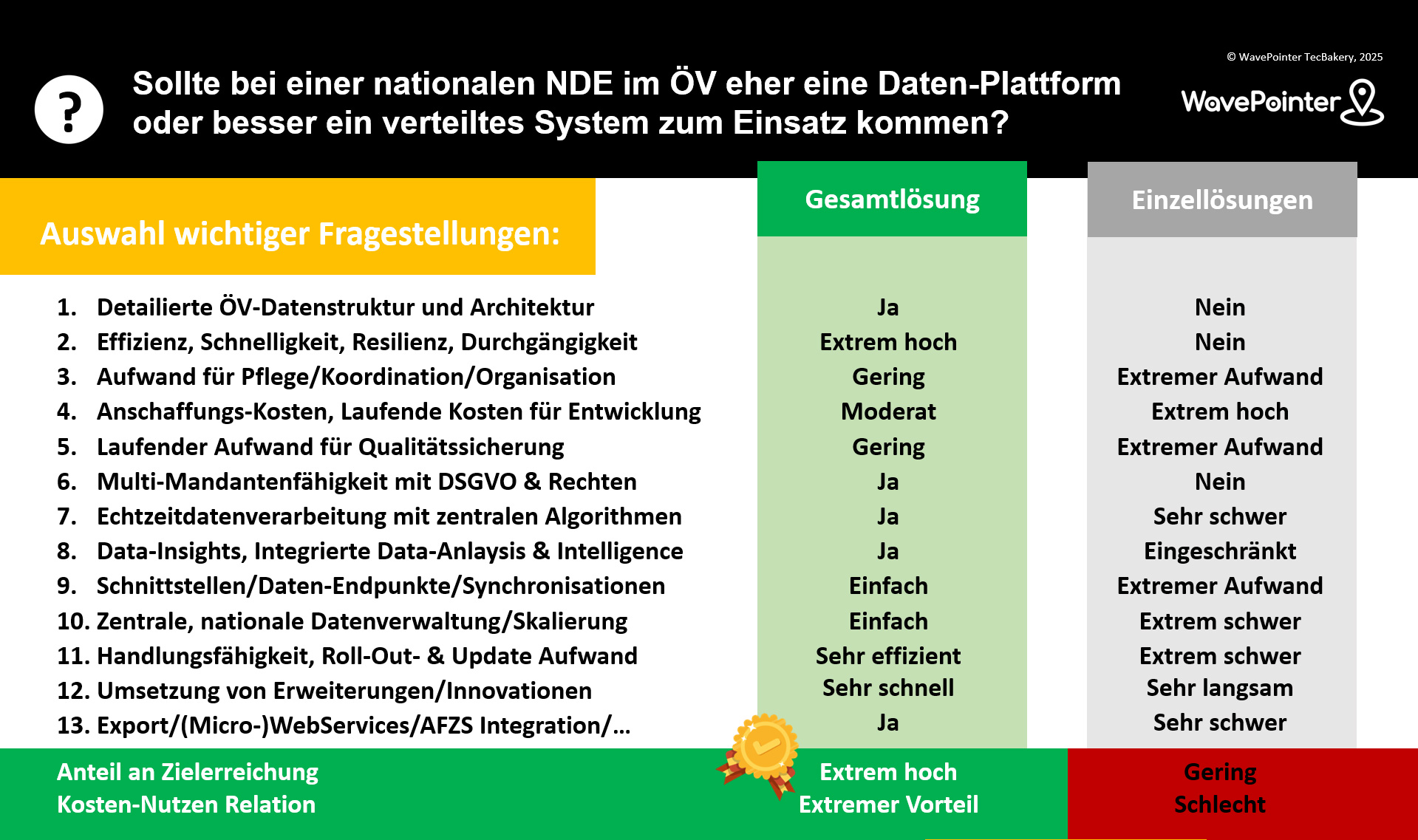Industry solution for public transport
With eMobilitySolutions, data specialist WavePointer provides the public transport sector with a professional industry solution for data insights (IaaS). The solution provides ready-to-use modules for the vehicle-specific collection of passenger usage data (NDE), the performance-based determination of revenue sharing (EAV) as well as professional data analysis and data intelligence. As an international manufacturer of IOT sensor technology, WavePointer supplies the industry with certified beacon devices that have been developed in-house for many years, which can be retrofitted plug & play into existing transport fleets and quickly used for the signed collection of passenger data, account-based eTicketing, BiBo & CiBo services. The solution is tried and tested and has been in use in the park for many years. Users include transport companies, transport associations, national industry associations and public transport industry associations.
We are Pioneering Public Transport

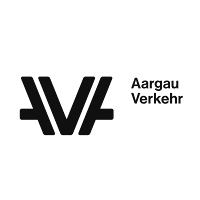

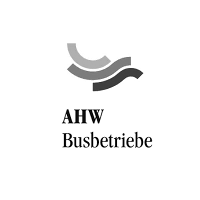



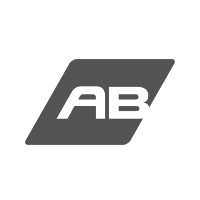





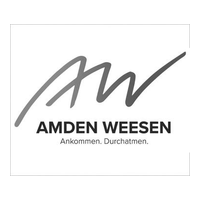


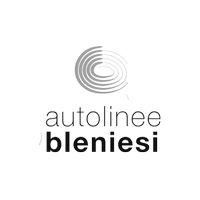
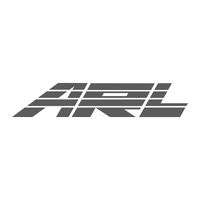
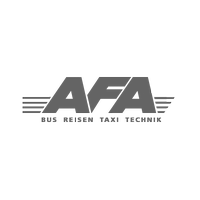


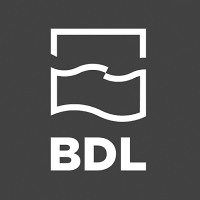
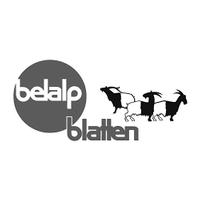
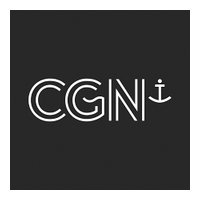
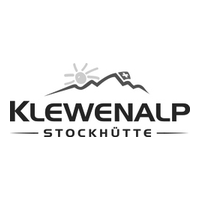




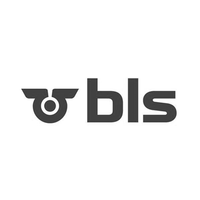
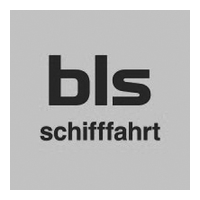
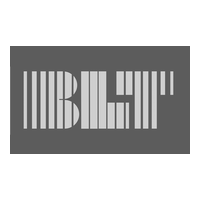
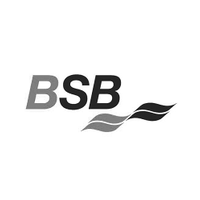

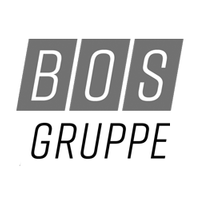
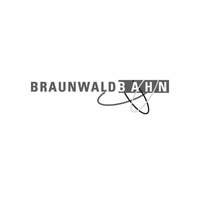
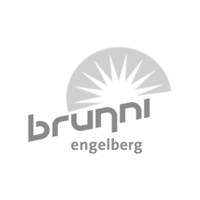


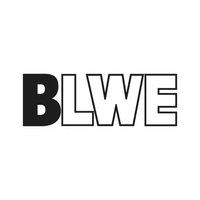
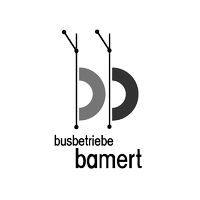
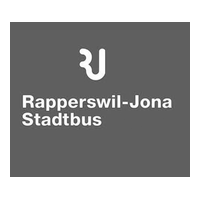


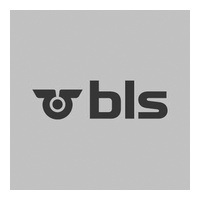


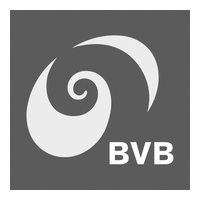
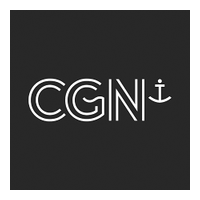

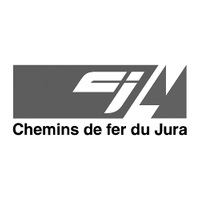
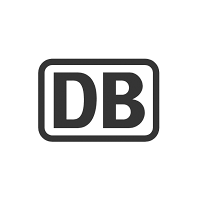
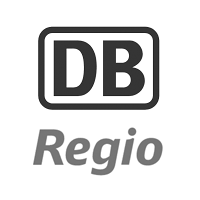
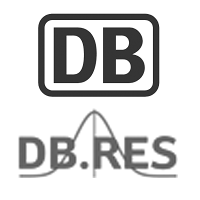
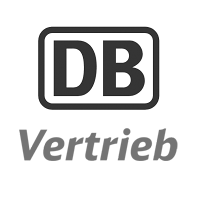
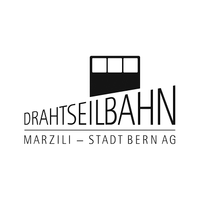

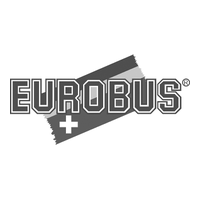

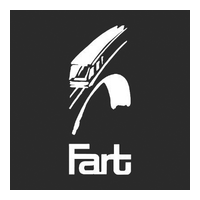

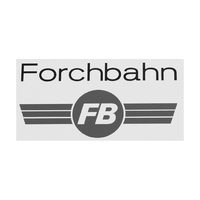

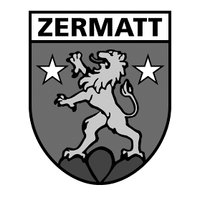



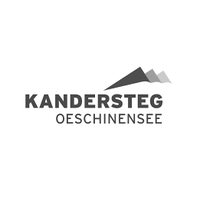

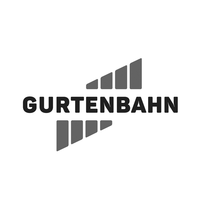
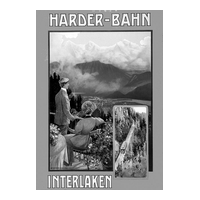

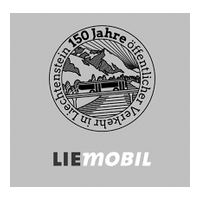

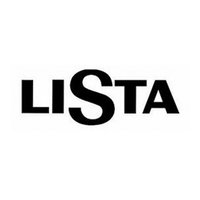
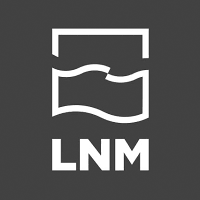

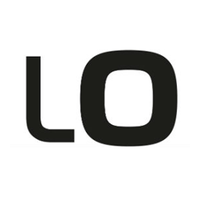
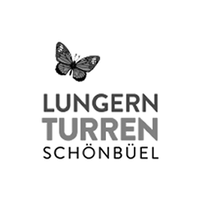





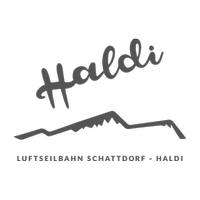

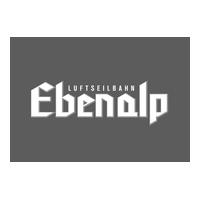
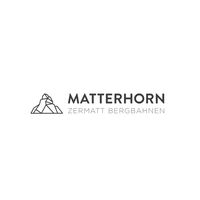
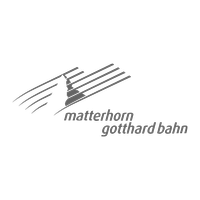

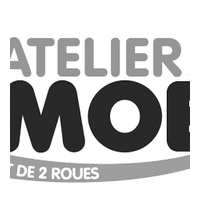


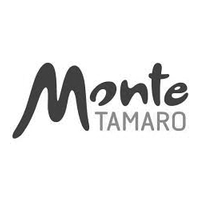

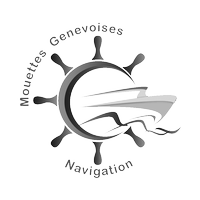
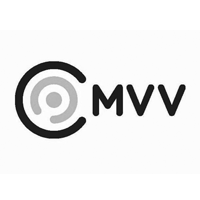
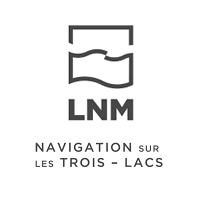

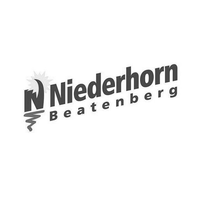







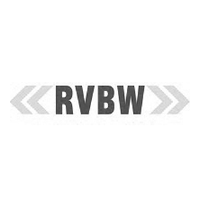

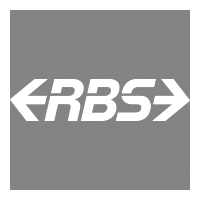
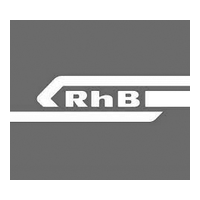

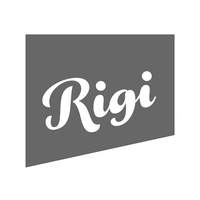

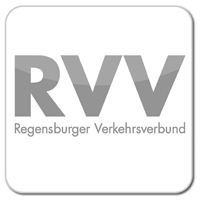
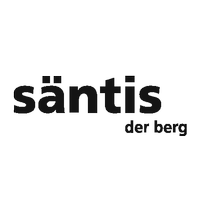
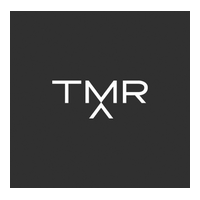
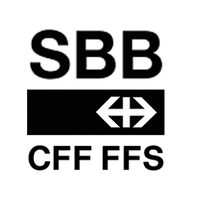
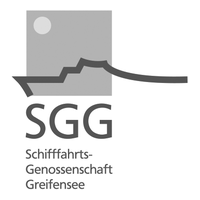
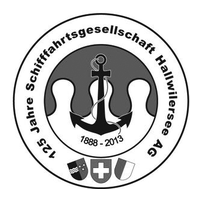
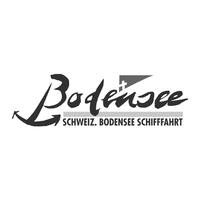

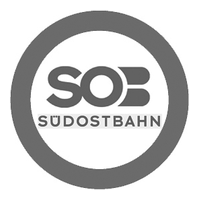





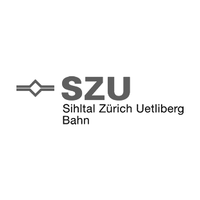




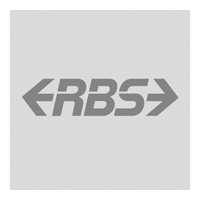

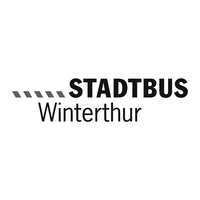
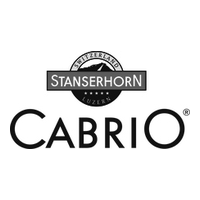
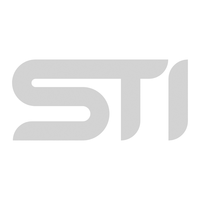
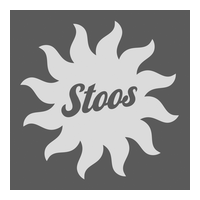



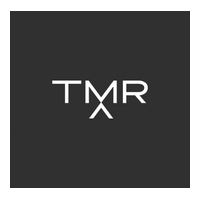
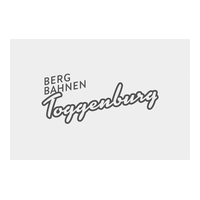

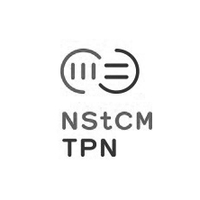
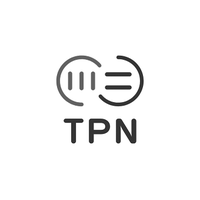
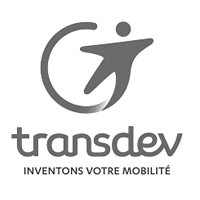






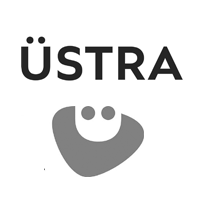


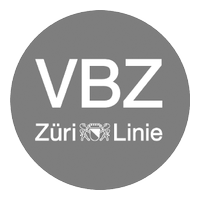

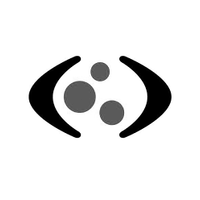
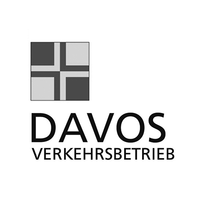
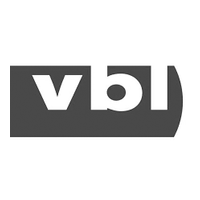
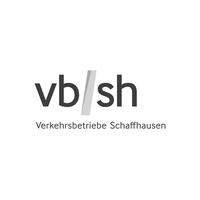
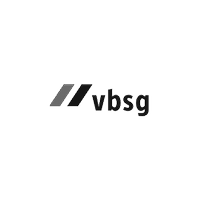
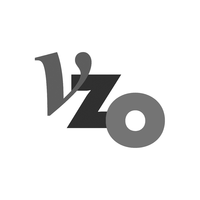


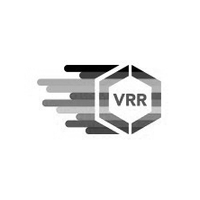


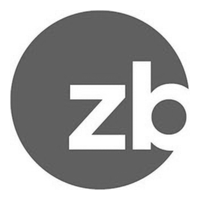
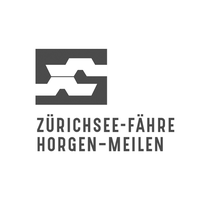

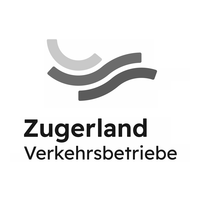














































































































































































WavePointer Beacons
Certified for public transport infrastructure
Beacons provide valuable services in public transport, including the implementation of BiBo, CiBo and account-based ticket services. WavePointer beacon hardware is the international benchmark, especially when it comes to the large-scale post-digitisation of objects on railways, means of transport and public transport stops. Hundreds of thousands of installations over many years of practical use prove the extraordinary suitability and quality of these devices, even under extreme conditions in daily public transport use.
The extensively railway-certified Bluetooth BLE devices can be put into operation wirelessly within minutes at an object (bus, train, tram, boat, gondola, bus stop, etc.) and have an energy life of more than ten years in some cases. No maintenance is required after activation. The failure rate in practice is lambda < 1.12E-7/h - i.e. almost zero. . Proof of such values is also only possible if device installations with a) high volumes b) have already been in use for years.
With the WavePointer eCloud, an optional device management system is available to roll out and operate high-volume installations safely, easily and over the long term - for means of transport, stops and POIs.
WavePointer Ticket TAG
For non-digital passengers.
For various reasons, not all passenger groups are currently able to use the popular smartphone as a "digital repository" for personal public transport identification (e.g. flat-rate tickets, account-based eTickets, survey ID, etc.).
WavePointer Ticket TAGs help to close this gap in an uncomplicated way. Ticket TAGs are smart, small, lightweight and can, for example, actively transmit a ticket signal in the short and long-distance radio range. The signal is encrypted and safeguards the passenger's privacy in accordance with the EU GDPR.
This method also allows so-called "non-digital passengers" to participate in the advancing digital services.
WavePointer eJourney App
Elevation becomes a passenger experience.
The eJourney app enables the collection of public transport usage data (NDE) based on flexible survey campaigns and using state-of-the-art technology: through Be-In/Be-Out. Regardless of whether the BiBo app is used in the background or foreground - a passenger's public transport journeys are recorded fully automatically, securely, in the car and signed. All in real time - without the traveller having to do anything.
Passengers get to know public transport from a completely new, digital perspective. Their journeys are stored with many details and statistics in an attractive journey log. Information on the number, kilometres, stops and duration of journeys (journeys & travel chains), changes, line/timetable data, CO2 savings and the exact means of transport/company used are also available, as well as detailed maps.
In compliance with EU GDPR, the app ensures that passenger data is only collected in the public transport environment and that data volumes and smartphone battery consumption are minimised. Learn more about eJourney Functions ...
WavePointer eCloud
Professional PT Data Insights.
The WavePointer eCloud offers the public transport industry effective and variable modules that can be used individually or as a whole to control complex processes in a simple, transparent and modern way. These include, for example
- Module: Device management (DMM)
Tried and tested plug&play roll-out methods, even for high volumes. Self-service device activation and assignment to public transport objects.
Real-time control, configuration, management, analysis and update of beacons and TicketTAGs over-the-air (OTA). - Module: Object management(OBM)
Flexible creation, assignment, management, allocation, monitoring, analysis and evaluation of public transport objects (e.g. TO, VU, SUBs, means of transport categories, stations, stops, POIs, etc.). - Module: Recording usage data (NDE)
Professional management/analysis of survey campaigns/samples and detailed passenger usage data. Support from DT UUAG NDE Level 3. - Module: Revenue allocation(EAV)
Comprehensive analysis/calculation of the complex revenue split for flexible tariffs (flat-rate tickets, occasional travellers etc.) and areas (national/regional etc.) Support from DT UUAG EAV Level 3. - Module: Transport planning (VPL)
Professional data basis & analyses for the planning and strategic design of public transport networks/offers, including the integration of different means of transport and the optimisation of timetables and routes. - Module: Passenger survey (SUR)
In addition to or as an alternative to the automatic collection of usage data via the eJourney app (BiBo), this module also offers passenger surveys via digital questionnaires. Passengers can be targeted via a campaign app (e.g. eJourney app) or other methods (email, social media, ticket app, etc.). The attractive presentation of the questionnaires, their answers and evaluation are completely digitalised - and therefore flexible, targeted, simple and fast.
WavePointer eCloud is a high-end solution that offers multi-client capable rights management and multi-campaign capable surveys as well as highly scalable load architecture, data storage and interfaces to third-party systems.
The most extensive data is transformed into meaningful analyses in an impressive way. The data insights offered, based on algorithms, data intelligence and AI models, are unique. Industry standards such as Transmodel, IFOPT, SLOID, DHID, GTFS, Transport Shapes and many more are a matter of course.
The proven industry know-how allows WavePointer to provide exactly the modules that are required for the sophisticated analysis of public transport objects, passenger usage data, the creation of revenue splits (national, state, federal etc.) and future transport planning. The DT NDE/EAV Level 3 (04/2025) specifications are already being taken into account today.
The system can be used as a central cloud platform (PaaS, IaaS) or distributed across multiple cloud instances.
Nationwide implementation of Passenger Detection & Revenue sharing in public transport
From the field: Insight into key issues.
WavePointer has already accompanied nationwide projects in the field of post-digitalisation of transport fleets, the collection of passenger usage data (NDE) and the implementation of complex revenue-sharing procedures (EAV) in public transport. Some project results on key issues and the resulting non-binding recommendations for action are published below. If you have any further questions or require information, please contact the WavePointer Contact .





















